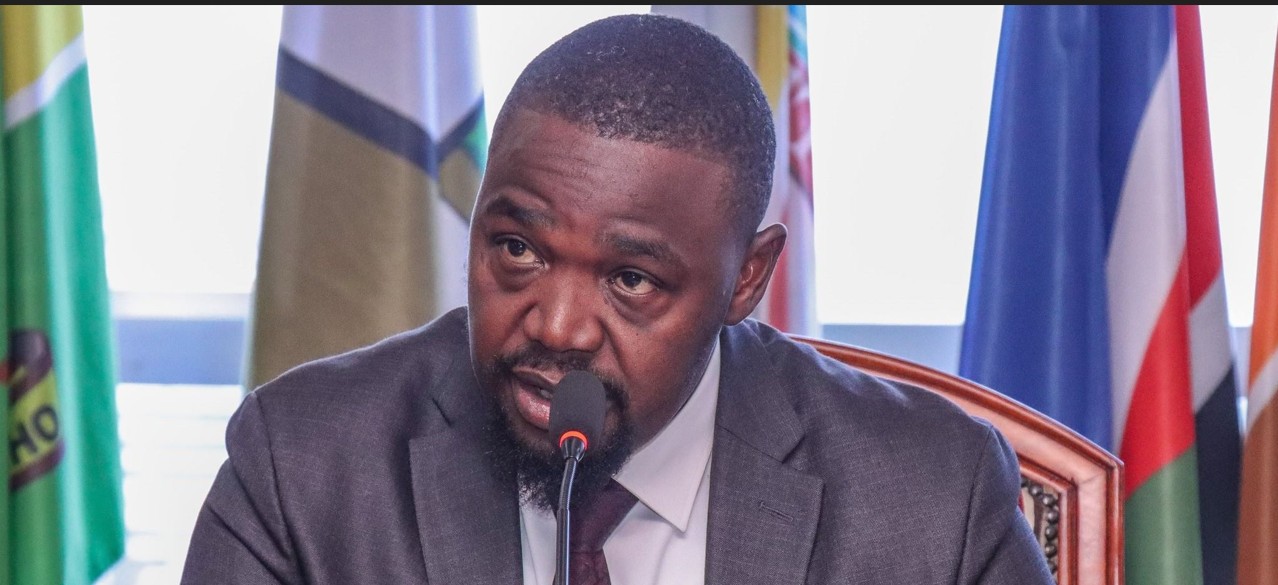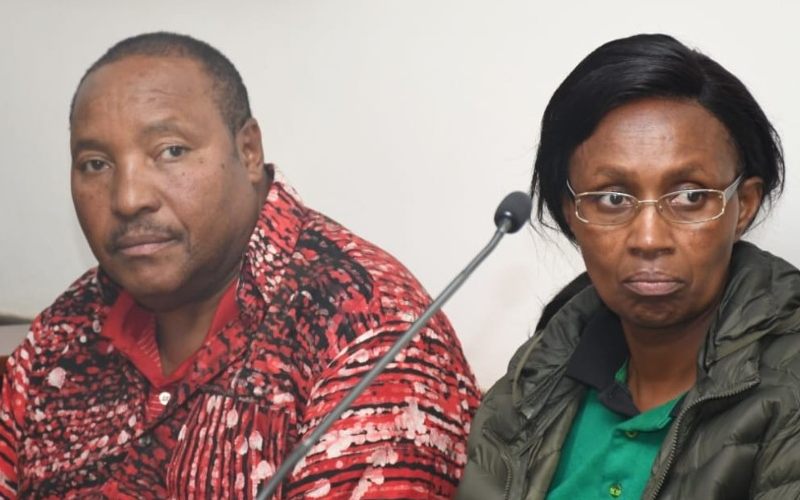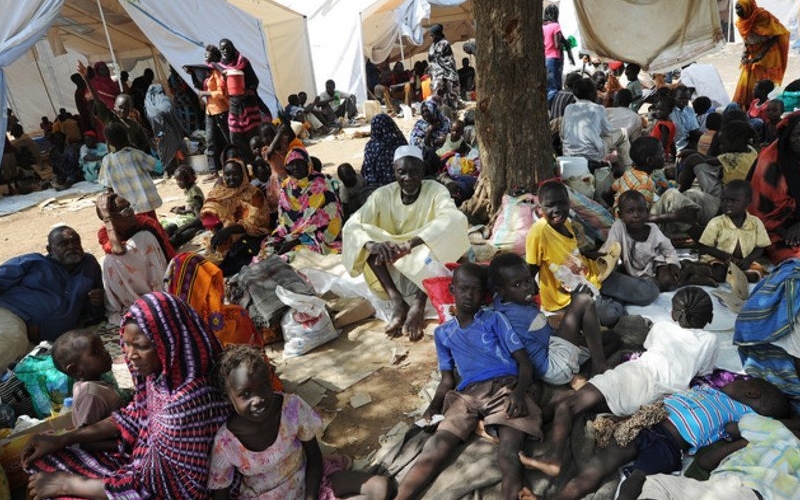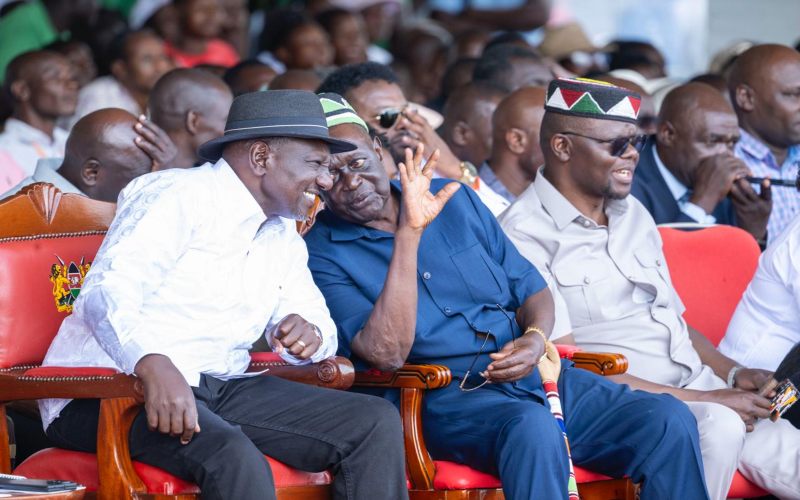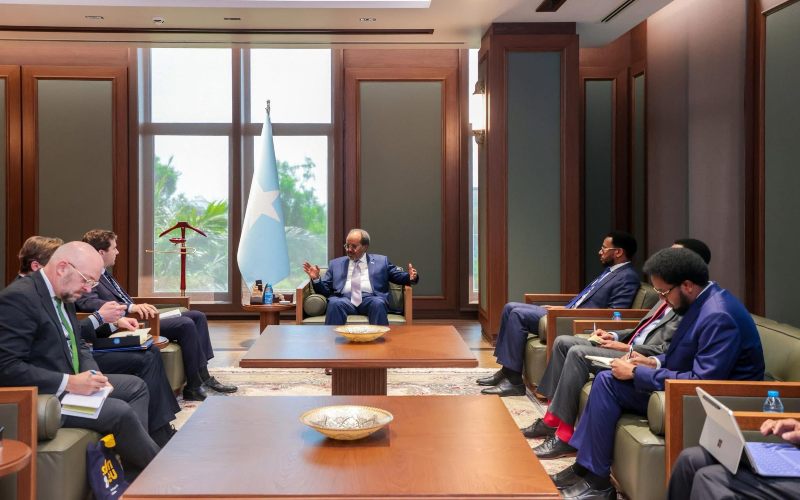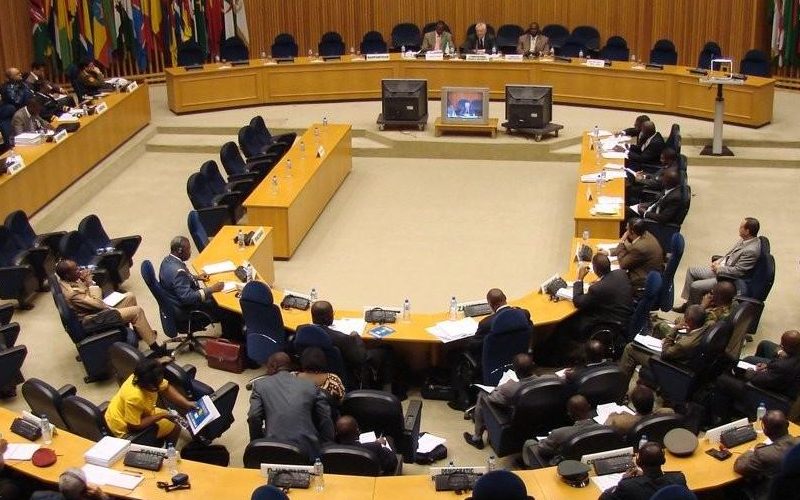Ethiopian PM Abiy Ahmed appoints Redwan Hussien as spy chief
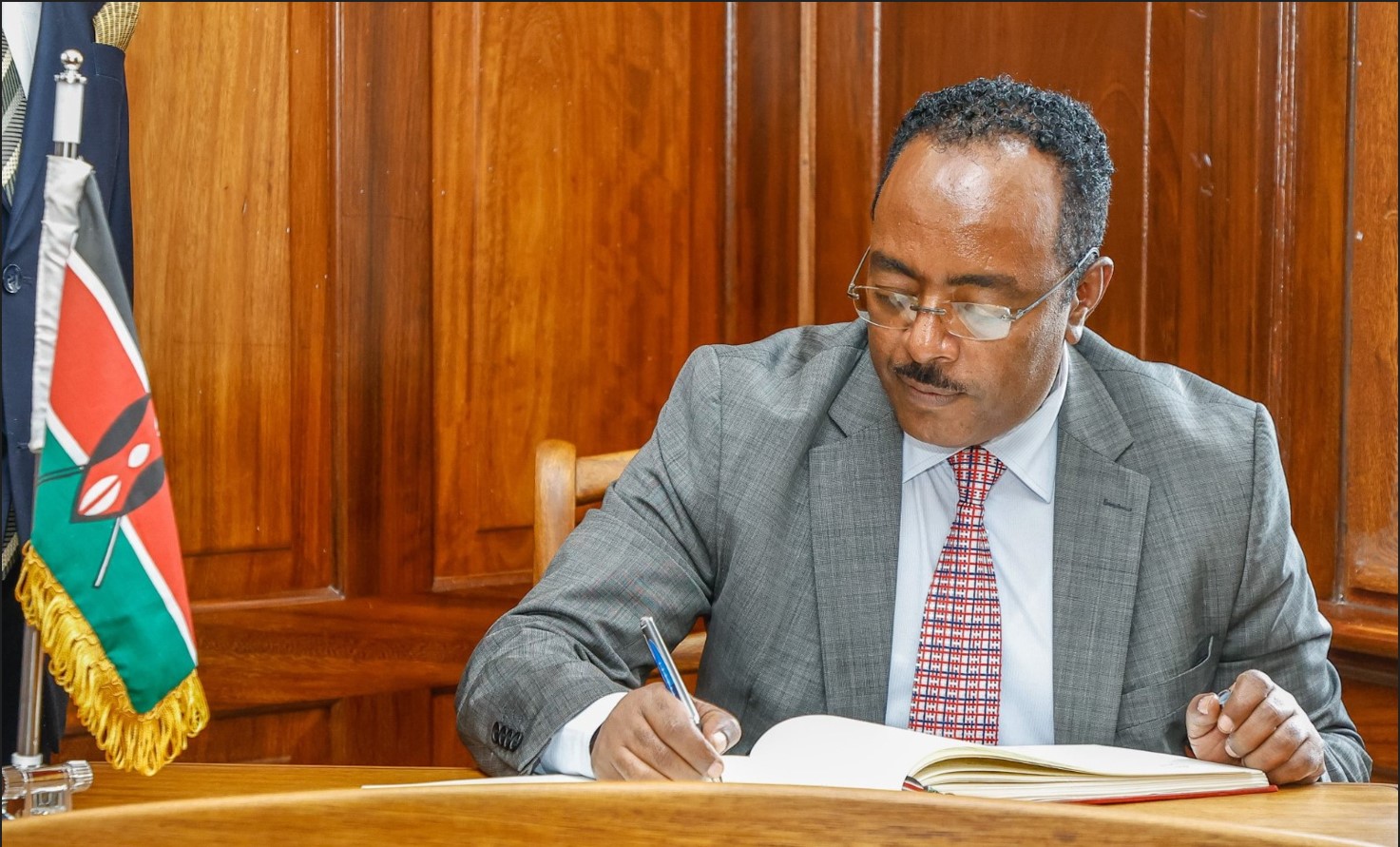
Redwan has played a pivotal role in shaping Prime Minister Abiy Ahmed’s government and has been entrusted with special assignments as a special envoy.
Ethiopian Prime Minister Abiy Ahmed has appointed Redwan Hussien, his national security advisor, as the director of the National Intelligence and Security Service (NISS) replacing Temesgen Tiruneh, who is now the deputy prime minister.
Redwan, a former ambassador to Eritrea, represented Addis Ababa in Pretoria, South Africa, in November 2022, in the signing of the agreement to permanently cease hostilities with the Tigray People’s Liberation Front.
More To Read
- UN urges Ethiopia and Eritrea to respect border pact amid rising tensions
- Djibouti confirms Eritrea’s formal exit from IGAD regional bloc
- Peace on paper, pain in reality: Tigray’s forgotten suffering, struggle for justice
- Ethiopia blasts Egypt for escalating hostile rhetoric and rejecting dialogue over Nile waters, GERD
- Faith under fire: How social media fuels rising attacks on religions, followers in Ethiopia
- Daua Dam, irrigation masterplan gain momentum after high-level talks in Nairobi
He has played a pivotal role in shaping Abiy’s government and has been entrusted with special assignments as a special envoy.
Redwan's recent tasks included engaging with regional officials, such as Kenya's Prime Cabinet secretary and Foreign minister Musalia Mudavadi, just days before Addis Ababa finalised a port deal with Hargeisa.
'Extensive experience'
Earlier on Thursday, the Ethiopian Parliament endorsed Temesgen's appointment as the deputy prime minister succeeding Demeke Mekonnen, who resigned last week.
Temesgen, the ex-spy chief who coordinated Addis Ababa’s response to a conflict last year in the Amhara region, was elected in late January to succeed Demeke as a vice president of the ruling Prosperity Party. The deputy leader of the party typically serves as the deputy prime minister.
Demeke had been deputy prime minister since 2012, shortly after being elected vice-president of the EPRDF, the coalition which ruled for nearly three decades until Abiy rose to power in 2018.
He became foreign minister in November 2020 at the outset of the conflict between federal government forces and Tigran rebels.
Demeke succeeded Hailemariam Desalegn, who himself held both positions until he was elected president of the EPRDF and prime minister of Ethiopia on the death of Meles Zenawi.
Once in office, Abiy merged most of the parties of the EPRDF into the Prosperity Party.
Abiy told parliament that Temesgen, a married father of two, had "extensive experience" in public service, including as leader of the northern Amhara region and as its police commissioner.
Temesgen was appointed to head the NISS in 2020, at the start of the two-year war in the northern Tigray region. The conflict lasted two years and killed tens of thousands of people.
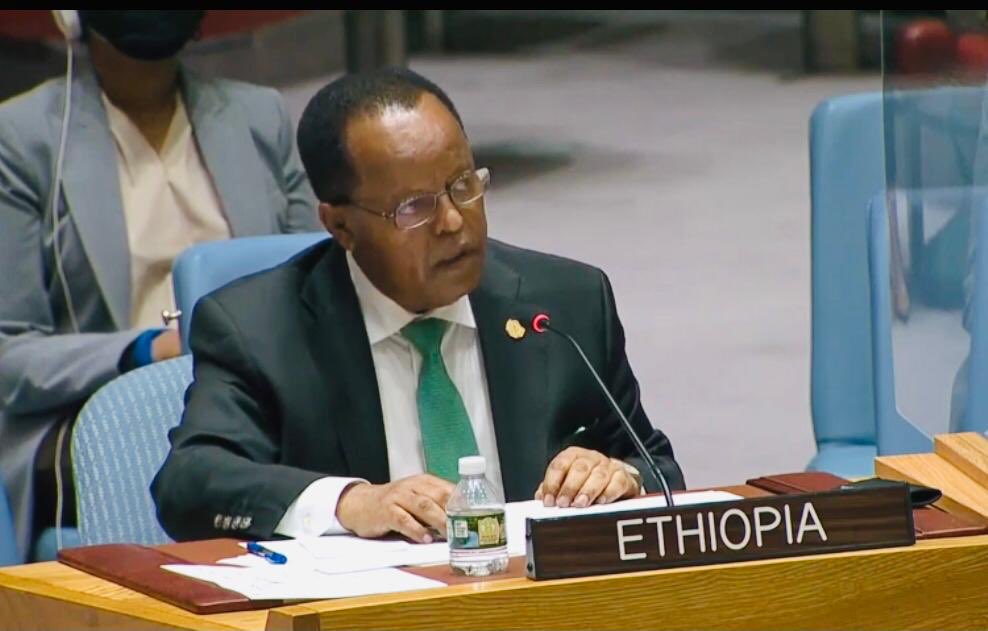 Taye Atske Selassie. (Photo: X/ Taye Atske Selassie)
Taye Atske Selassie. (Photo: X/ Taye Atske Selassie)
Parliament also approved the nomination of Taye Atske Selassie, Ethiopia's former ambassador to the United Nations and current diplomatic adviser to Abiy, as the new Foreign Affairs minister.
He is Abiy's former foreign policy adviser and previously served as the country's envoy to the United Nations in New York.
Abiy said Taye has decades of diplomatic experience, serving as ambassador in several postings abroad including Washington, as well as working in various international organisations.
Tigist Hamid, who served as deputy director general of the Information Network Security Administration (INSA), will now head the organisation, the prime minister's office said.
 Tigist Hamid, the new head of Ethiopia's Information Network Security Administration (INSA). (Photo: INSA)
Tigist Hamid, the new head of Ethiopia's Information Network Security Administration (INSA). (Photo: INSA)
Lawmakers also approved the nomination of Mekdes Daba, currently working at World Health Organization (WHO) headquarters in Geneva, as health minister.
The gynaecologist-obstetrician replaces Lia Tadesse, who had been health minister since 2020, during the time of the Covid-19 pandemic, after serving as state minister for health since 2018.
'Strengthening leadership
Abiy's office described the cabinet changes as a "step towards strengthening the nation's leadership", in a post on X, formerly Twitter.
Ethiopia, Africa's second most populous country, is grappling with several challenges, including rumbling regional conflicts, a food crisis and economic difficulties.
It also stirred regional tensions after reaching an agreement with the breakaway Somali region of Somaliland to gain long-sought access to the sea, angering Mogadishu.
"In the current period of geopolitical tensions that Ethiopia is experiencing, Abiy is tightening the team around him with people he trusts," said Patrick Ferras, head of the Strategies Africaines think tank.
Both the roles of foreign minister and deputy prime minister had been held by Demeke, who was dropped as vice president of Abiy's ruling Prosperity Party late last month in a move that foreshadowed Thursday's appointments.
Additional reporting by AFP
Top Stories Today
